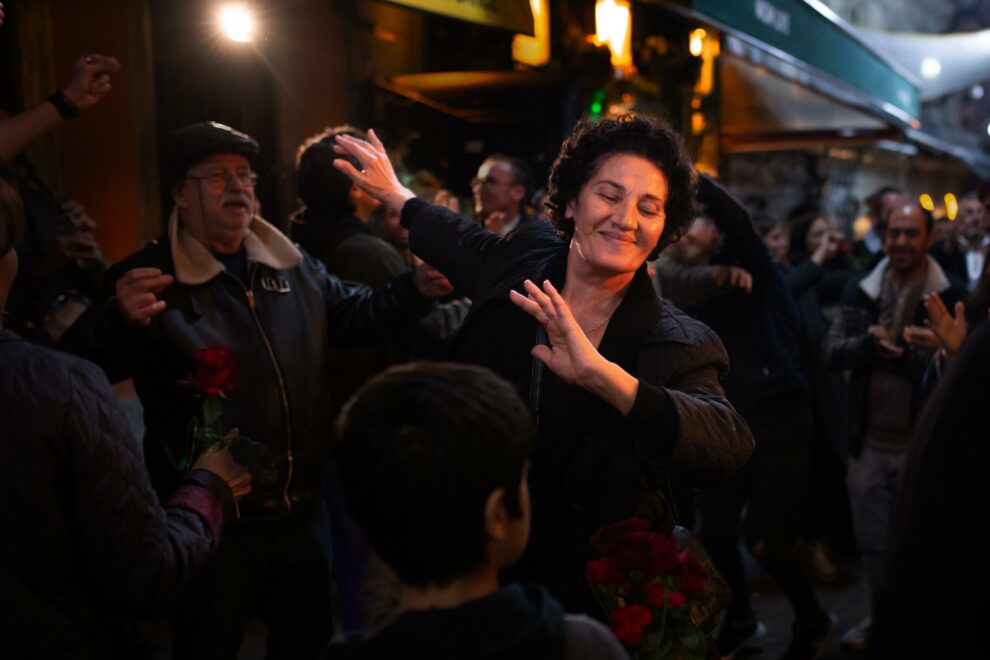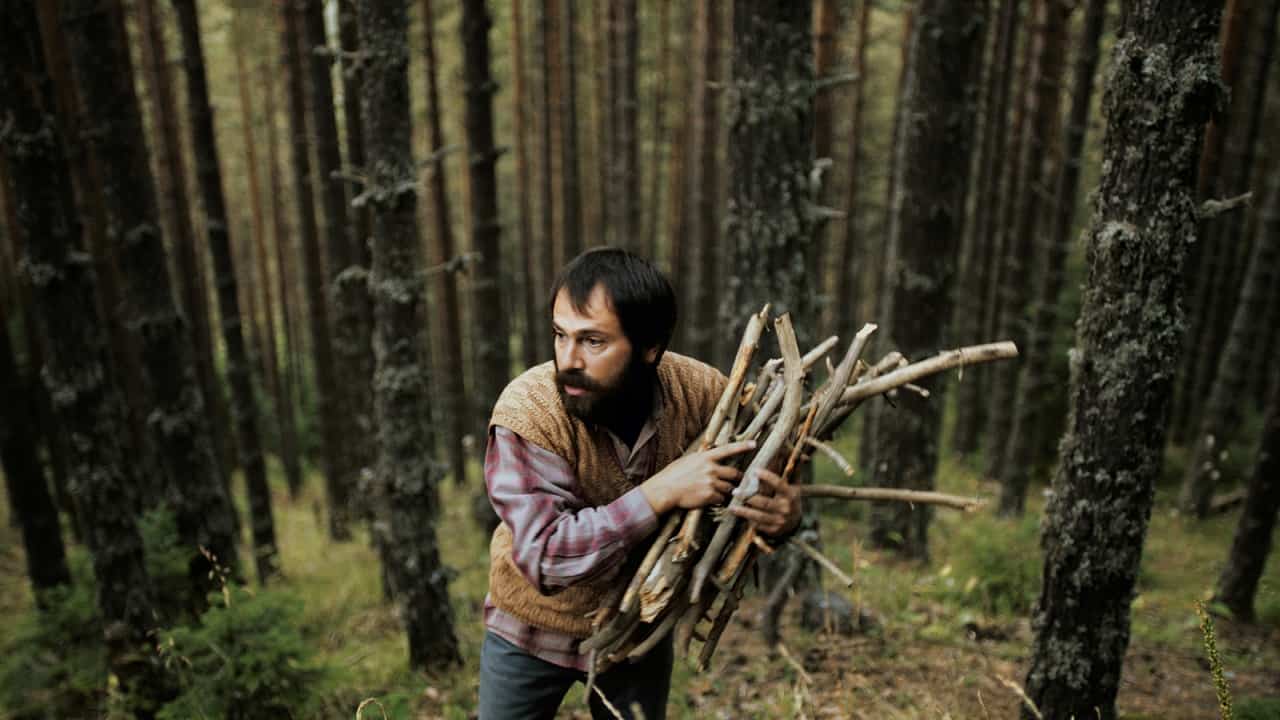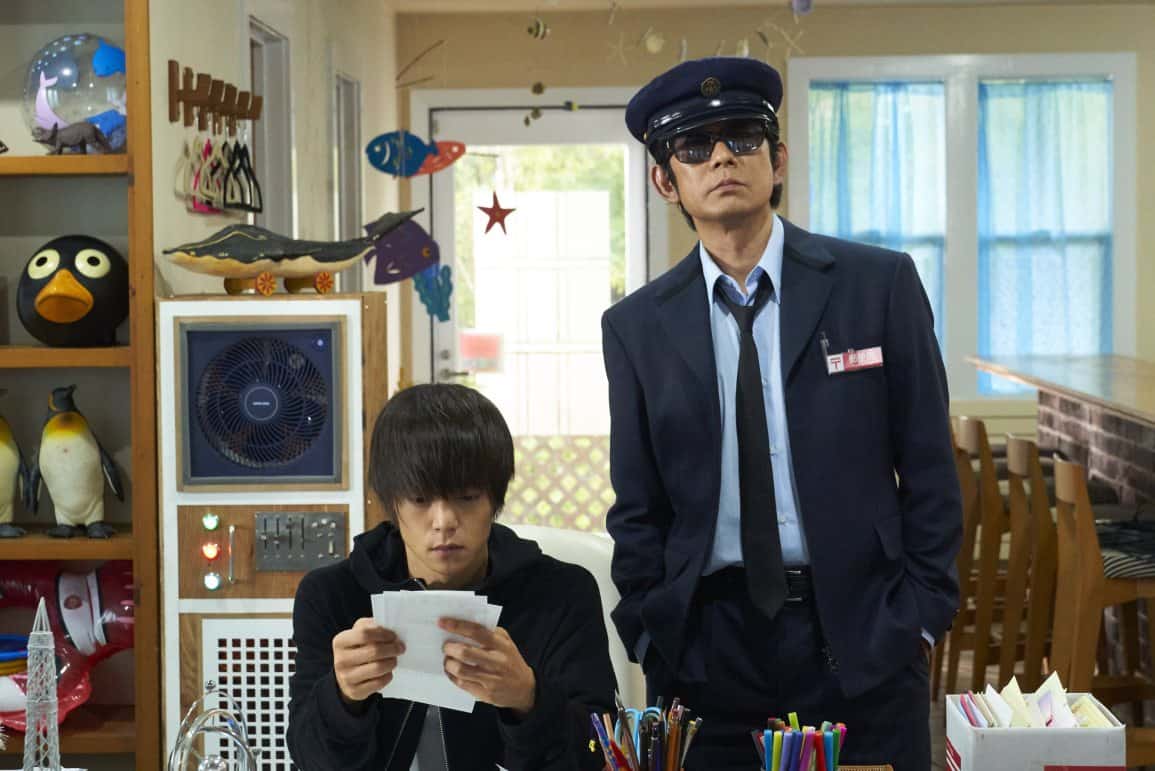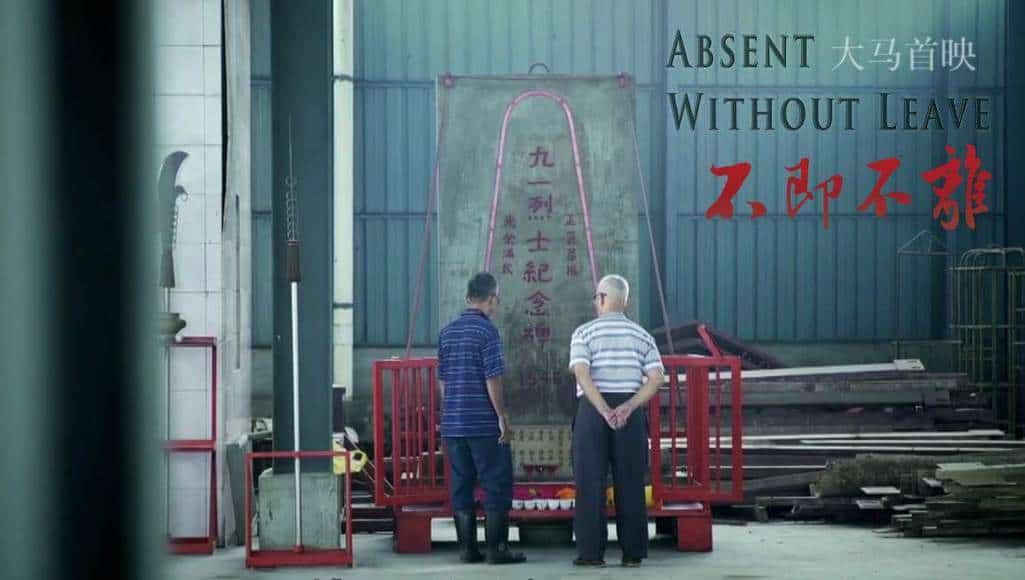After the critically acclaimed “And Then We Danced” from 2019, Levan Akin comes back with another movie that critiques societal norms in relation to the LGBTQIA+ themes. The film, inspired by a heart-warming story about a senior who was supportive of his trans grandchild, premiered at the 74th Berlin International Film Festival, where it was nominated for the Panorama Audience Award, and won the Teddy Award.
The story, written by Akin himself, follows Lia (Mzia Arabuli), as she tries to find and bring her transgender niece back home. According to her unexpected companion, Achi (Lucas Kankava), she went to Istanbul. These two set off on a journey to the capital of Turkey, where they explore new surroundings, as well as themselves.
“Crossing”, unlike “And Then We Danced”, doesn't have a classic narrative structure – the scenes are not always directly connected, and thus it is not the easiest to follow. The movie is more concentrated on creating a specific atmosphere, presenting its protagonists and the realities of the transgender community in modern Turkey. The director decides which character the audience will follow somewhat freely, but all these threads eventually come together. It is a variation of a road movie with many dead ends, where the journey is rather a spiritual one.
Worth noting is the fact that Lia is a retired teacher. The role of an educator is to share knowledge, cultivate critical thinking skills, inspire students, and serve as role models. Education is considered by many as a foundation of the society, so making the main character a representative of this part of the system seems like a very thoughtful choice. Especially considering the fact that in many countries, the LGBTQIA+ community faces prejudice that is not grounded in reliable information or thoughtful analysis. Via a simple text message at the beginning of the movie that informs the viewer that the Georgian and Turkish languages are gender-neutral, Akin highlights the irony of the somewhat dire reality in these countries.
The main cast consists of mostly inexperienced actors – Mzia Arabuli has very few appearances in films, and both Lucas Kankava and Deniz Dumanli are debutants. Despite this, all of them provide convincing and compelling performances. Each of these characters are developed just enough, that one can easily imagine every one of them having their own movie. Not only are they interesting individually, but the social dynamics between them (particularly the dialogues between Lia and Achi) make the story engaging. They seem to naturally embody their characters, which is underlined by Lisabi Fridell's documentary-like cinematography with mostly hand-held shots. However, this raw and simple style of shooting does not prevent the picture from being visually pleasant.
“Crossing” has its flaws, like being a little chaotic script-wise, but undoubtedly, it is a passion project which shows that Levan Akin is determined to challenge the societal status quo. In an interview, he mentioned that he “[…] wanted to do something that was more free, open-minded, maybe a little more novel”, and if the viewer is willing to accept that, the screening should be an enjoyable and engaging experience.














